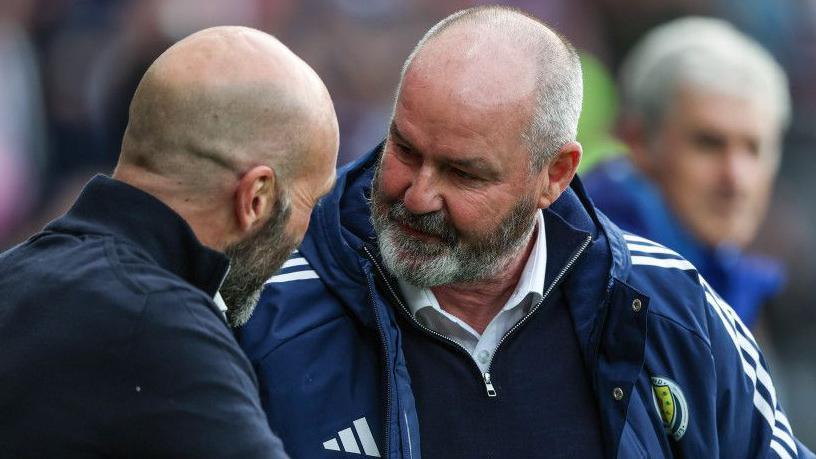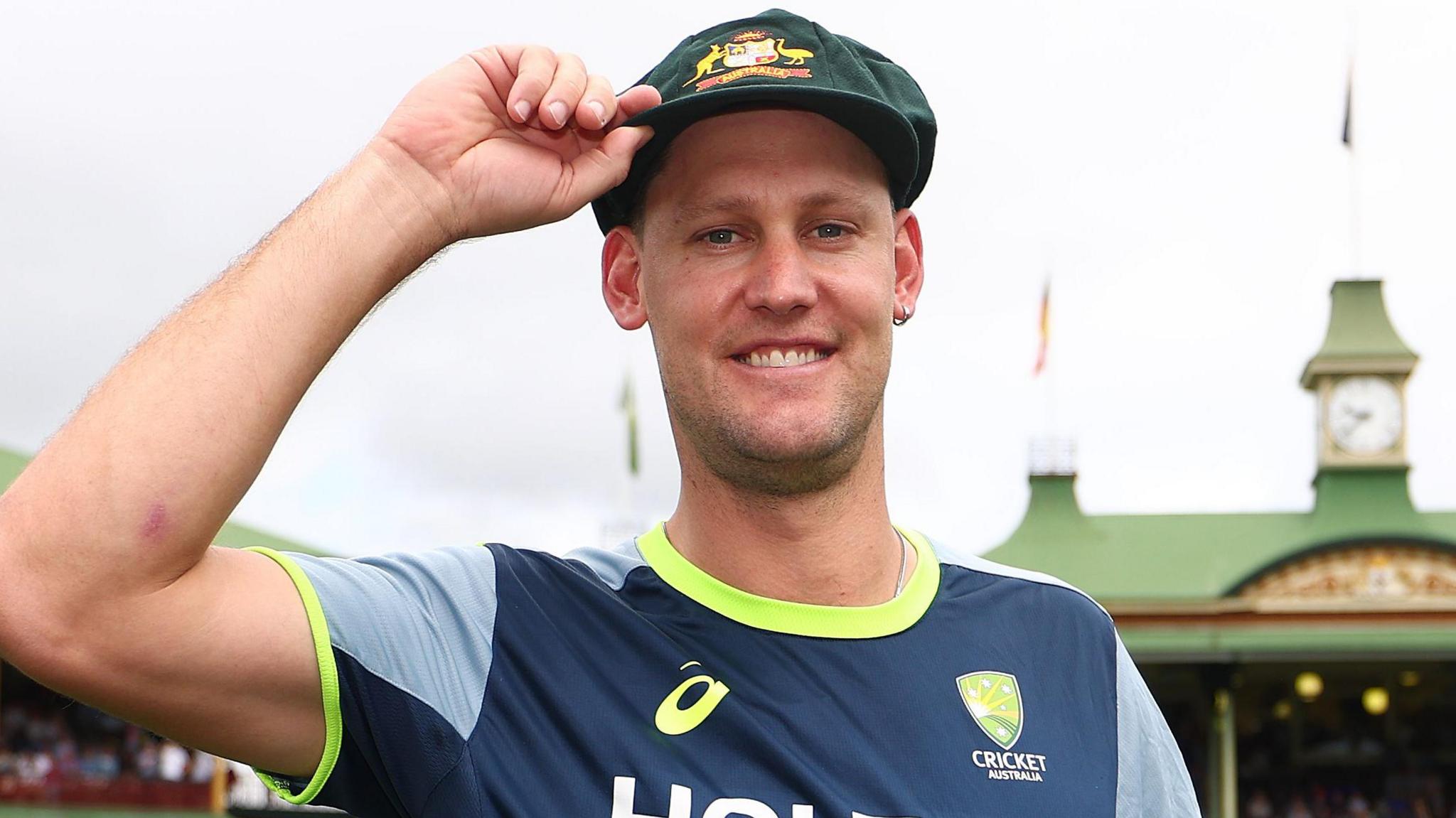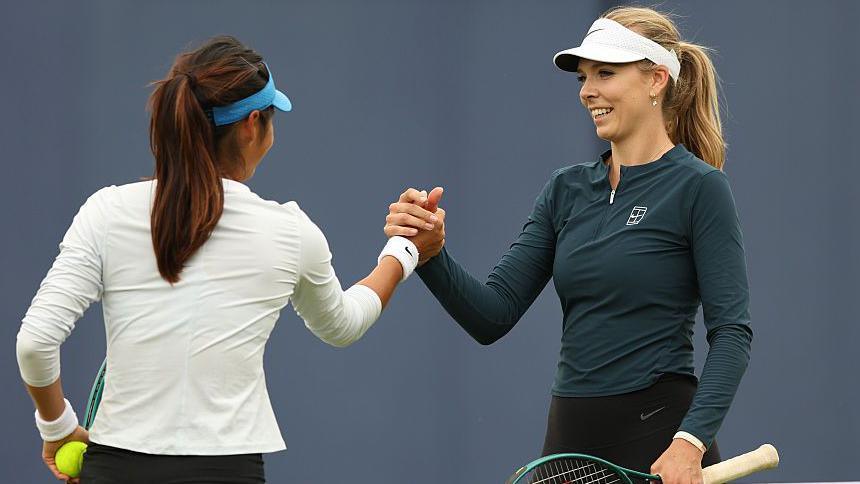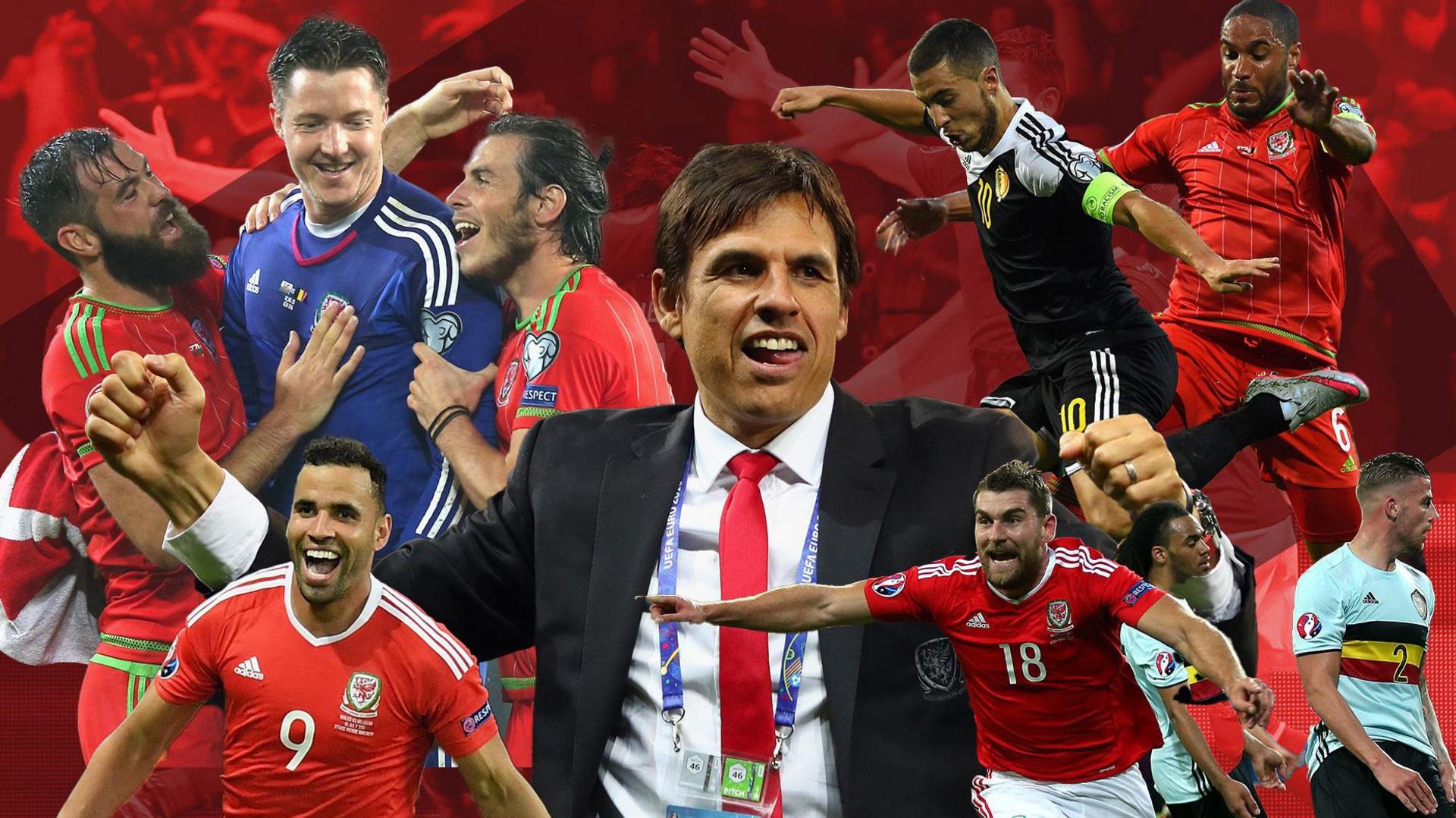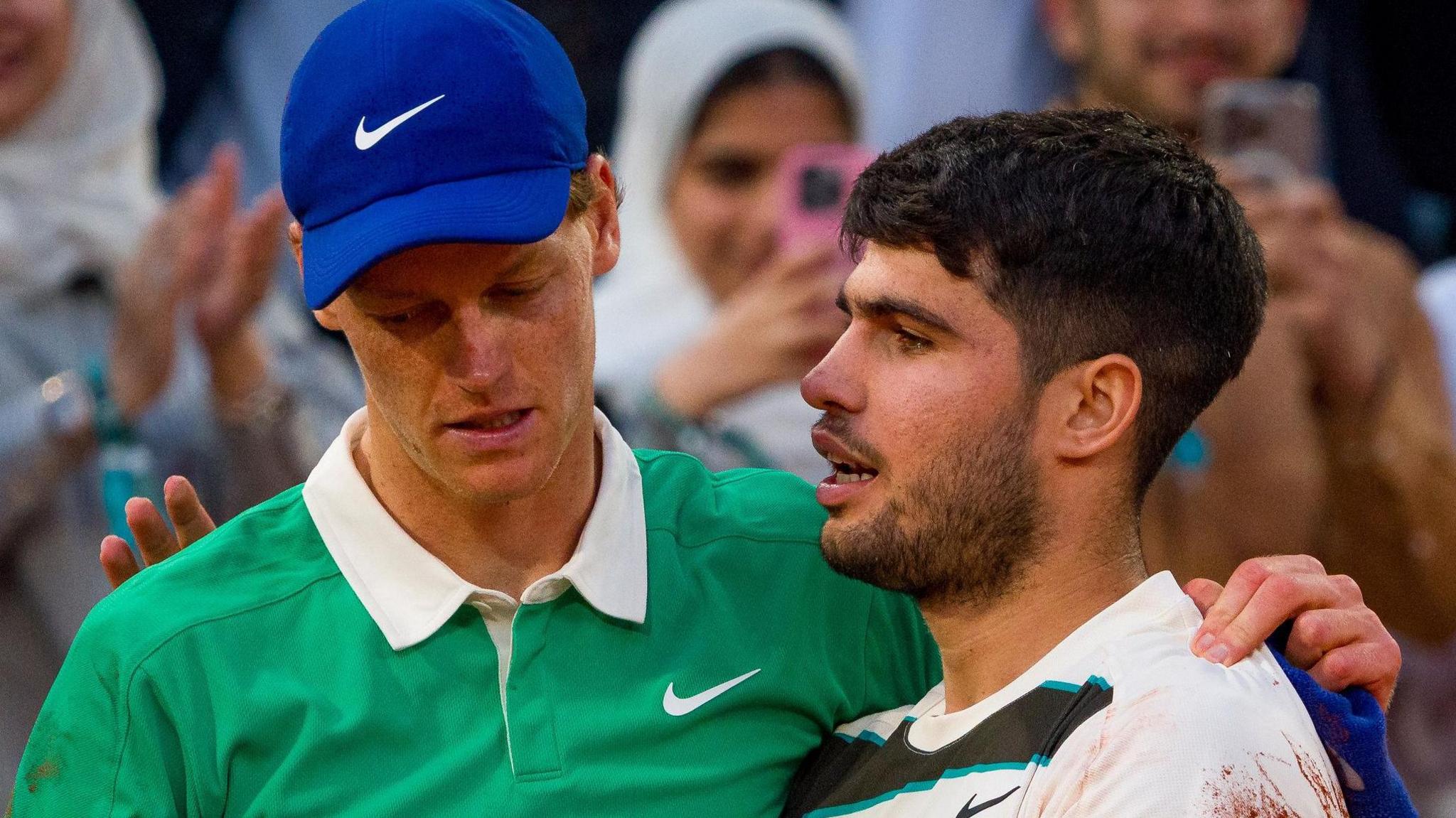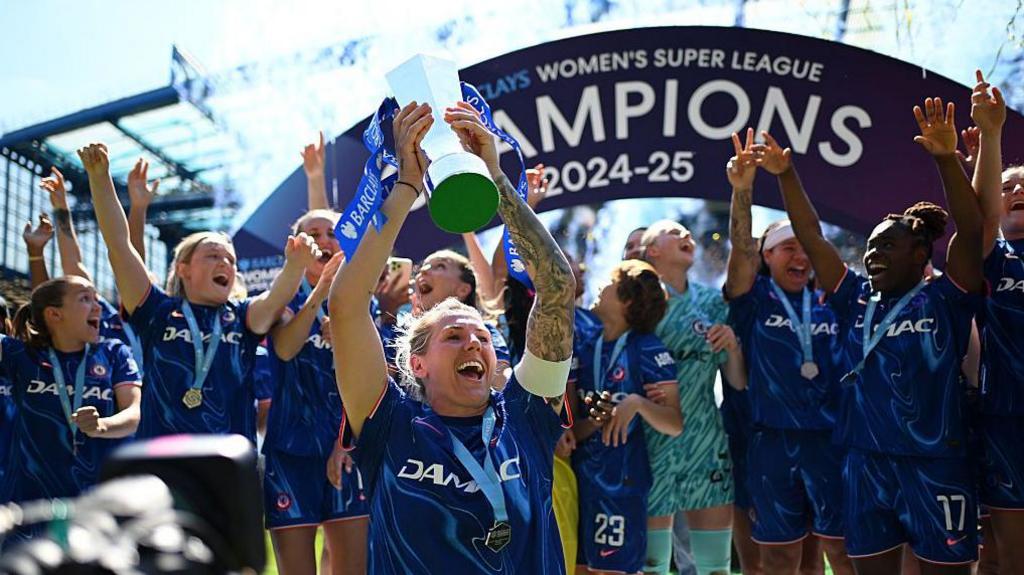International friendly: Liechtenstein v Scotland
Venue: Rheinpark Stadium, Vaduz Date: Monday, 9 June Kick-off: 17:00 BST
A friendly game against one of international football’s smallest nations and worst teams is always a bit of a no-win.
But after Scotland’s painful defeat by Iceland, the friendly away to Liechtenstein is not just a must-win, but must win well for Steve Clarke before September’s World Cup qualifiers.
The Scotland head coach has come under fire since Friday’s 3-1 loss after fielding a strong side – presumably to build some much-needed confidence – only for things to unravel dramatically with goalkeeper Angus Gunn limping off just a few minutes in.
Cieran Slicker’s unfortunate debut as Gunn’s replacement took the headlines, but as Clarke himself has said, there was much more to the disheartening defeat than that.
Losing a home friendly after a long season against a decent Iceland side was not in itself the issue, but rather the grim nature of the performance from a squad that has shown it can be much better.
The wider picture – Scotland have won just six games since the amazing Oslo comeback in June 2023 – also came into sharper focus after another home humbling.
It leaves Clarke and Scotland needing to build positivity, momentum and confidence on the back of one game against the world’s 205th- ranked side.
Lowly Liechtenstein struggling
For context, only five sides are ranked lower than Liechtenstein in the world.
One of those is San Marino, who beat them home and away in the recent Nations League.
The tiny nation, with a population similar to Greenock, only have a handful of professional players.
They played away to Wales on Friday night in World Cup qualification and lost 3-0, failing to fire a shot, or even get a touch in the Welsh box.
After that defeat in Cardiff, the Liechtenstein players were not afforded a chartered plane, but flew home via Amsterdam to Zurich, mixing and mingling with the Tartan Army in the departure gates and stingy economy class seats.
‘Honestly lads, just shoot from anywhere,’ was the gist of some of the patter, a gallows nod to Scotland’s injury crisis in the goalkeeping department.
The Liechtenstein squad were even hauling massive boxes of kit and luggage from the belts themselves and on to trolleys, wheeling it all out of Zurich airport.
A far cry from the elite end of the game.
Fresh faces? Or experienced heads?
The excitement from a Scotland point of view has to mean goals – and perhaps some meaningful minutes for some fresh faces.
At his pre-match media conference, Clarke said he would freshen things up.
With winger Ben Doak absent through injury, Scotland’s attacking spark and width was gone against Iceland as they toiled in a back three formation.
Could Clarke go to a back four again? Play with two strikers?
It is a year since a striker last scored for Scotland, so could Middlesbrough’s Tommy Conway, the joint fourth top scorer in the Championship, get a start?
Although Scotland are well stocked in midfield, Motherwell’s Lennon Miller did not look out of place when he came off the bench in the second half.
More impressive minutes from him or Conway, or Kieron Bowie in a good victory might just bring some positive vibes back.
Regardless, it feels like Scotland need their holidays and Clarke might just want to get a much required win and forget about this window, hitting the reset button for the trip to Copenhagen in September.
This head coach and group of players have recovered from poor summers before to reach major finals. The competitive games are what matter.
Related topics
- Scottish Football
- Football
- Scotland Men’s Football Team
